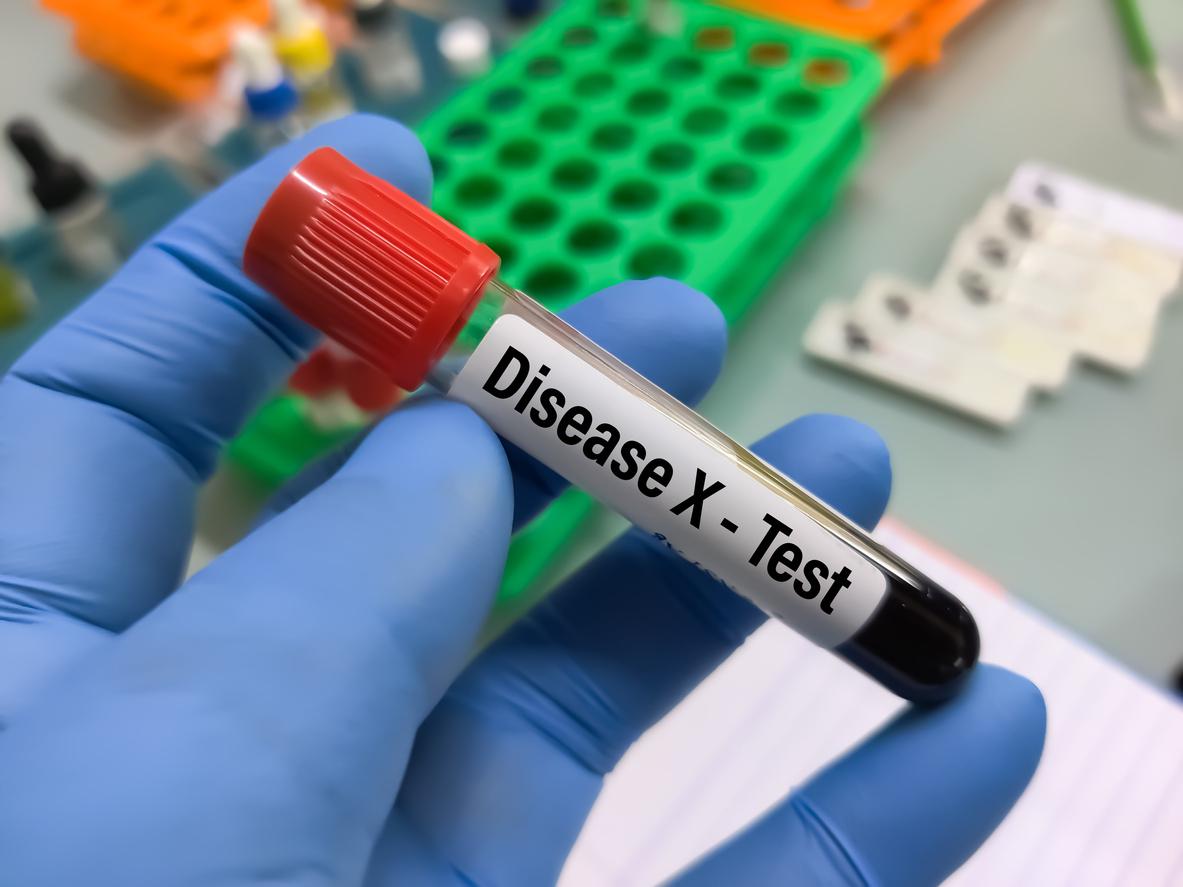Chronic fatigue is not a physiological disease, but a biological pathology, according to the results of a study published in the medical journal Science Advances. It would be identifiable by markers in the blood and would evolve by following several stages.
This research is extremely encouraging, because this syndrome (CFS) was until now not diagnosable and terribly disabling for patients.
the chronic fatigue syndrome is a state of chronic and repeated fatigue which does not diminish after rest and which often has no identified cause. The frequency of this disease has been estimated by the WHO at between 0.1% and 3%. It also causes headaches, difficulty concentrating and muscle aches.
Researchers from the Mailman School of Public Health, Columbia University (USA) analyzed the levels of 51 immune system markers in the plasma of 298 patients and 348 healthy people.
Scientists found that the blood of patients who had the disease for three years or less had higher levels of molecules called cytokines.
On the other hand, the blood of patients who had contracted the disease for more than three years did not show this level of cytokines.
“The link seems unusually strong with a cytokine called ‘interferon gamma’, linked to fatigue that follows many viral infections,” says Mady Hornig, associate professor of epidemiology at the Mailman School and lead author of the study. “It seems that CFS patients are hit hard by cytokines until about the third year. At this time the immune system shows signs of exhaustion and cytokine levels drop,” concludes Mady Hornig.
“We now have confirmation of what millions of people with this disease knew: CFS is not psychological,” says Mady Hornig. treatments by focusing on these blood markers,” she says.
Read also:
Chronic fatigue syndrome: soon to be diagnosed
Chronic fatigue syndrome: brain abnormalities involved
Fibromyalgia: what do you know about the disease?

















